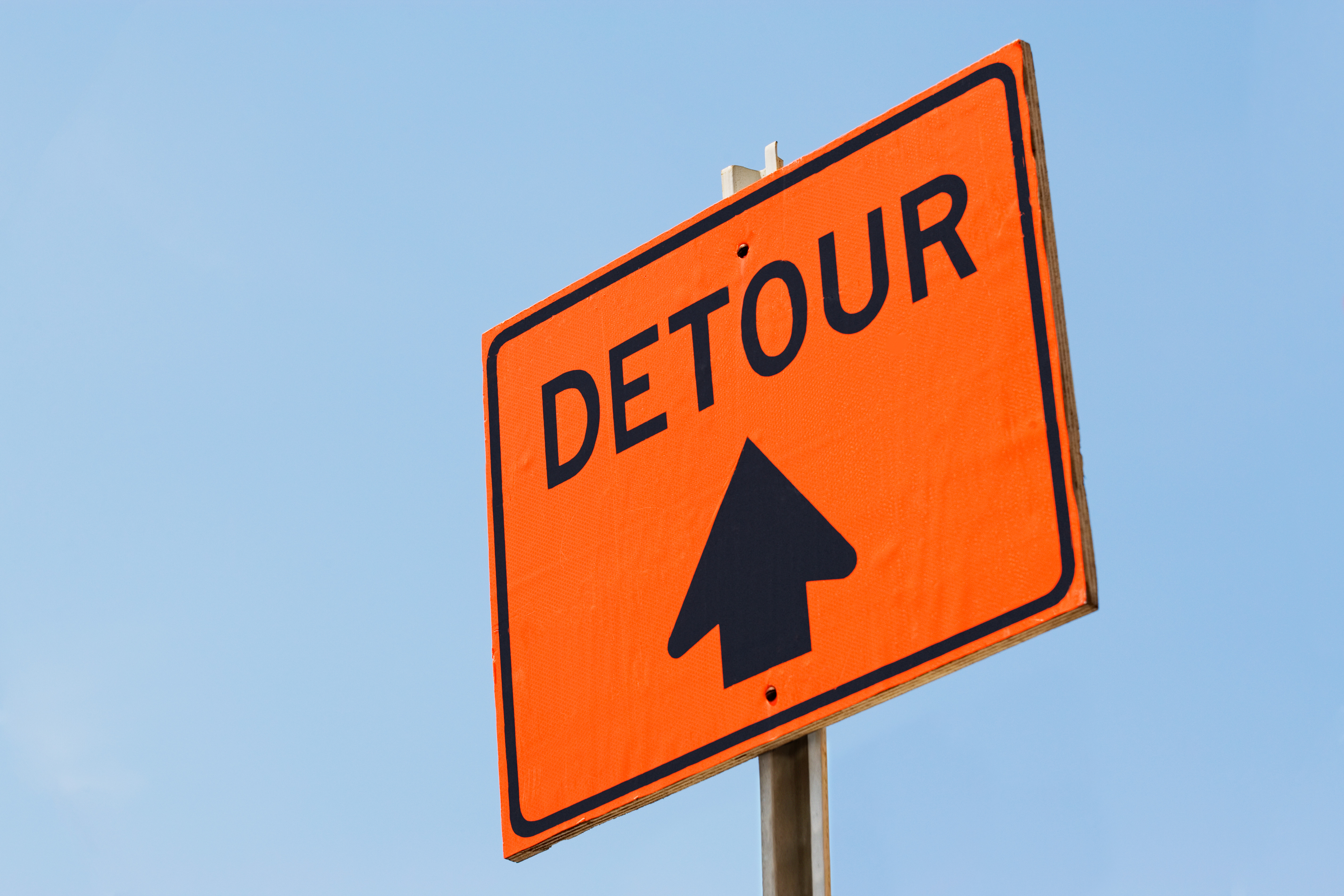NBC 7’s Lauren Coronado explains how the pilot program works.
More than 13,000 UC San Diego students have opted in to using a COVID-19 exposure notification program to help track and slow the spread of the virus on campus.
It’s a pilot program that uses smartphone technology to notify participants if they’ve been exposed to someone who tested positive for COVID-19.
“So, all it really does, in your phone, in the settings, it adds this thing called ‘Exposure Notification’. Mine is active," said Jeffery Sun, a first-year UCSD student. “Just for my safety and the safety of my friends and everyone around me, I think it’s important to know when I’ve been near someone [who is infected with COVID-19].”
The “exposure notification express” technology is available for UCSD students, staff and faculty, only. It must be downloaded as an application for those using androids. The technology is already available as part of the iOS 13.7 iPhone update. Users must enable the technology in their settings. The system relies on Bluetooth technology to determine distance and duration with other users.
UCSD and UC San Francisco are the only two UC schools approved by the state of California to test the technology.
“I feel really lucky that UCSD is willing to try this and pilot the program,” said Sun. But other students said they’re hesitant to opt in.
“I would consider it, but I would have to look into it more,” said first-year student Blane Buckhannan.
Local
“For me, I wouldn’t want some random person tracking my every move,” said Justin Sin, a first-year student.
Christopher Longhurst, M.D., M.S., Chief Information Officer for UCSD Health, said the technology is privacy preserving.
“We don’t know who gets exposure notifications. We don’t know who enters the keycodes to launch them,” said Longhurst. He said location information is not collected, user identities are not shared with anyone (including developers Apple and Google), and instead, users are given anonymous security codes. He also said users can opt out any time they’d like.
According to Longhurst, in the last two weeks, about half a dozen anonymous users have reported testing positive for the virus.
“We then offer them a key code to put into the app and it’s that keycode that starts that anonymous exposure notification process,” said Longhurst. He said some students are getting tested because of that notification, but he could not comment on how many tested positive or negative as a result.
“The fact that they’re going to get tested is helpful and contributing to a more safe campus,” said Longhurst.
He said the COVID-19 Exposure Notification Express application, developed by Apple and Google, has been in progress since March. The state of California approved it as a pilot program in September. Longhurst also said they’re working on making the program available to UCSD Health patients. The long-term goal is to offer the technology to all Californians.



